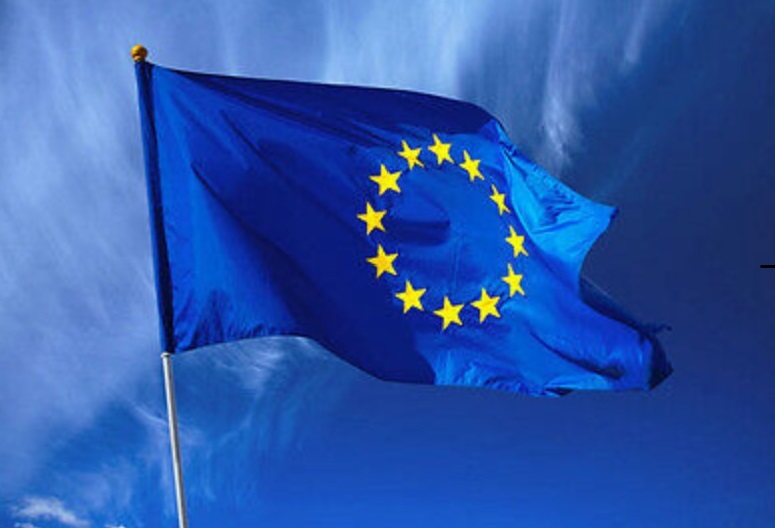The recently established Samoa Agreement between the European Union (EU) and the Organisation of African, Caribbean, and Pacific States (OACPS), of which Nigeria is a member, marks a significant development in international relations. This comprehensive agreement outlines the legal framework for cooperation across diverse areas, including governance, human rights, peace and security, trade, development, and climate change.
For Nigeria, the Samoa Agreement offers several potential benefits. These include access to capital grants, technical expertise, and development aid, which could improve the country’s infrastructure, education, and healthcare sectors. The agreement also opens doors to international markets, potentially boosting trade and economic growth. Collaboration with the EU and other OACPS members could strengthen Nigeria’s position on global issues like climate change and security.
It is important to note that Nigeria has a strong cultural identity rooted in tradition, religion, and social customs. These values are often passed down through generations, shaping the country’s societal norms and expectations. As such, any international agreement must be carefully considered in light of these cultural factors to ensure compatibility and avoid potential conflicts.
In a recent webinar hosted by the Center for Journalism, Innovation, and Development (CJID) on the considerations for Nigeria’s participation in the Samoa Agreement, Hon. Rabiu Yusuf, Chairman of the House Committee on Treaties, Protocol, and Agreement, expressed reservations about signing an agreement that could potentially endorse LGBTQ rights and abortion.
He acknowledged the potential benefits of the Samoa Agreement for Nigeria but emphasized that condoning these practices would conflict with the country’s long-standing cultural and religious values.
Hon. Yusuf suggested that modifications to the agreement could pave the way for Nigeria’s participation. He stressed the importance of ensuring that the agreement aligns with Nigeria’s established principles, as disregarding them could strain relations with the EU.
The webinar highlighted the complex considerations surrounding Nigeria’s potential participation in the Samoa Agreement and the importance of balancing potential benefits with the preservation of cultural and religious values.
Challenges and Concerns
However, the agreement is not without its challenges. Certain provisions, particularly those related to social and cultural issues like LGBTQ rights, have sparked controversy in Nigeria, where these topics are often met with resistance due to prevailing cultural and religious beliefs. Again, concerns have been raised about the potential for inequitable trade agreements and the complexity of implementing the agreement’s policies.
During the webinar, a participant voiced her concerns as a parent regarding the safety and well-being of her children. She urged Nigeria to carefully consider the potential consequences of signingany international agreement that could promote values conflicting with the country’s cultural and religious beliefs, such as those related to LGBTQ rights or abortion. She expressed a preference for maintaining strict laws and cultural practices that guide the way of life and protect younger generations from exposure to potentially harmful or confusing influences.
Despite these challenges, the Samoa Agreement presents opportunities that might be difficult to achieve through individual bilateral agreements. By engaging in dialogue and negotiation, Nigeria can seek to address its concerns and ensure that the agreement aligns with its national interests and cultural values. A carefully crafted national implementation strategy, sensitive to cultural nuances, can help maximize the benefits while mitigating potential risks.
The Samoa Agreement has the potential to significantly impact Nigeria’s development agenda. However, it is crucial for the country to carefully assess the agreement’s benefits and risks, negotiate favorable terms, and develop a comprehensive implementation plan that safeguards its national interests while fostering healthy cooperation with its international partners. This plan must also be sensitive to and respectful of Nigeria’s unique cultural context to ensure the agreement’s successful implementation and long-term sustainability. So, what is next for Nigeria?
The Samoa Agreement between the European Union (EU) and the Organisation of African, Caribbean, and Pacific States (OACPS) introduces a robust framework for cooperation in areas such as governance, human rights, trade, climate change, and development. For Nigeria, a member of the OACPS, this agreement could bring significant benefits like capital grants, technical expertise, and development aid, potentially enhancing infrastructure, education, and healthcare. It also opens opportunities for increased trade and economic growth and strengthens Nigeria’s stance on global issues like climate change and security.
However, the agreement also presents cultural and social challenges, specifically concerning LGBTQ rights and abortion, which conflict with Nigeria’s deeply rooted cultural and religious values. During a recent webinar by the Center for Journalism, Innovation, and Development (CJID), Hon. Rabiu Yusuf disclosed reservations about endorsing these practices while acknowledging the potential benefits of the Samoa Agreement. He recommended modifications to align the agreement with Nigeria's principles to avoid straining relations with the EU.
Concerns were also raised about inequitable trade agreements and implementing the agreement’s policies. A participant emphasized the importance of safeguarding cultural and religious norms, highlighting worries about the potential impact on children. Despite these challenges, the agreement offers unparalleled opportunities achievable through multilateral cooperation.
To realize the benefits while addressing the risks, Nigeria must negotiate favorable terms, develop a national implementation strategy sensitive to cultural nuances, and ensure the alignment of the agreement with its national interests. Such careful consideration and planning are crucial for the successful implementation and long-term sustainability of the Samoa Agreement for Nigeria.






